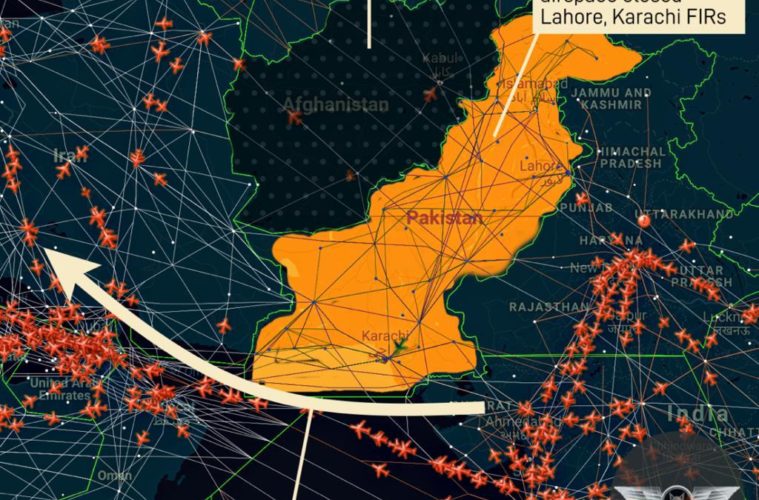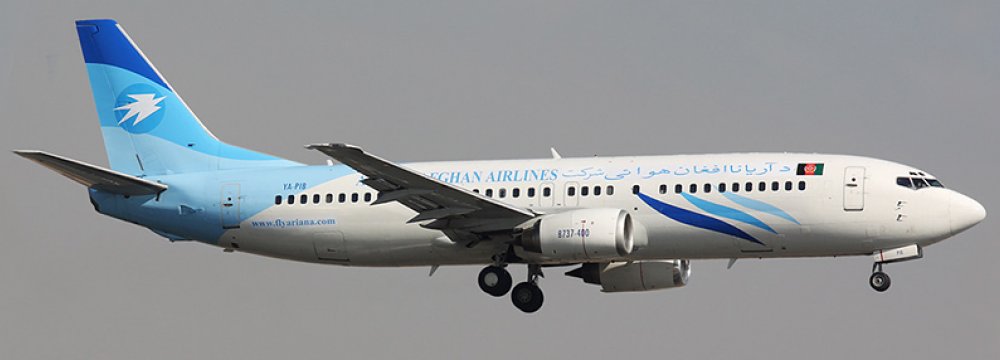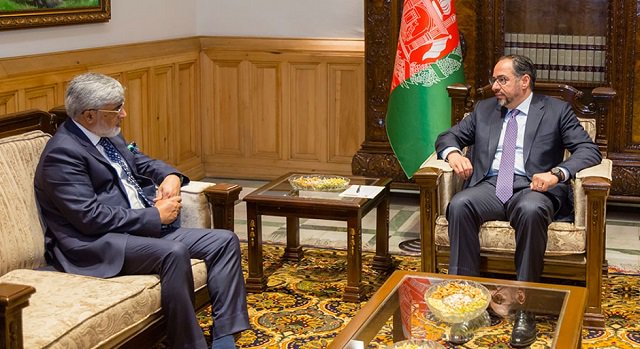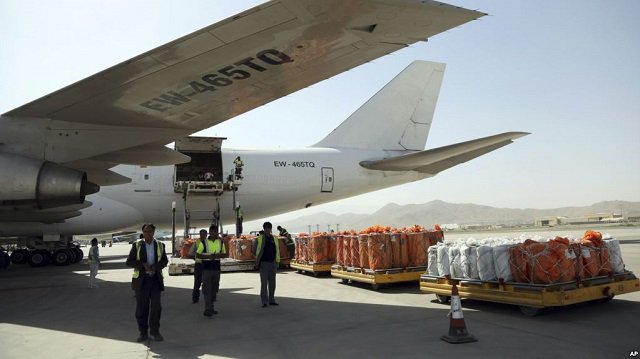Airspace restrictions in Pakistan due to simmering tensions with India have caused airfares to spike for Afghans who travel for medical treatment, education and business.
Publish dateTuesday 2 April 2019 - 23:03
Story Code : 182556
AVA- “It’s a very bad situation for Afghan people and Afghan students,” he said. “Most of the students who have come to India are not rich and cannot afford to buy tickets.”
Most commercial air traffic has resumed normal operations in Pakistan and major airports have opened but some international routes that normally cross Pakistani airspace remain closed.
An official at Pakistan’s Civil Aviation Authority said on Tuesday that airspace remained partially closed but a decision would be made at 6 p.m. (1300 GMT) about whether to re-open.
He declined to provide details about which routes were affected.
On Tuesday, Afghanistan-based airline Kam Air and Ariana Afghan Airlines still offered direct flights to India, spokesmen for the companies said.
Ariana, which offers four direct flights per week, has lost $550,000 in the past month because of Pakistan’s restrictions, said customer service manager Sayed Edris Ziwari. Kam Air has lost $1 million in the same period as costs rose and ticket sales fell, said customer relationship manager Muhammad Yusuf Zahir.
India-based SpiceJet Ltd has canceled its direct flights from Kabul to Delhi. A spokeswoman could not be immediately reached for comment.
India is Afghanistan’s second-largest export market after Pakistan, and the two countries accounted for 86 percent of total Afghan exports in 2016, according to World Integrated Trade Solution, a trade information database developed by the World Bank, United Nations and World Trade Organization.
Afghan exports to India include dried fruits, textiles and carpets.
The restrictions have boosted shipping costs of commercial goods by 66 percent, forcing exporting companies to absorb losses, said Jan Aqa Naweed, spokesman for the Afghanistan Chamber of Commerce and Industries.
Most commercial air traffic has resumed normal operations in Pakistan and major airports have opened but some international routes that normally cross Pakistani airspace remain closed.
An official at Pakistan’s Civil Aviation Authority said on Tuesday that airspace remained partially closed but a decision would be made at 6 p.m. (1300 GMT) about whether to re-open.
He declined to provide details about which routes were affected.
On Tuesday, Afghanistan-based airline Kam Air and Ariana Afghan Airlines still offered direct flights to India, spokesmen for the companies said.
Ariana, which offers four direct flights per week, has lost $550,000 in the past month because of Pakistan’s restrictions, said customer service manager Sayed Edris Ziwari. Kam Air has lost $1 million in the same period as costs rose and ticket sales fell, said customer relationship manager Muhammad Yusuf Zahir.
India-based SpiceJet Ltd has canceled its direct flights from Kabul to Delhi. A spokeswoman could not be immediately reached for comment.
India is Afghanistan’s second-largest export market after Pakistan, and the two countries accounted for 86 percent of total Afghan exports in 2016, according to World Integrated Trade Solution, a trade information database developed by the World Bank, United Nations and World Trade Organization.
Afghan exports to India include dried fruits, textiles and carpets.
The restrictions have boosted shipping costs of commercial goods by 66 percent, forcing exporting companies to absorb losses, said Jan Aqa Naweed, spokesman for the Afghanistan Chamber of Commerce and Industries.
avapress.net/vdcgnx9q3ak97n4.5jra.html
Tags
Top hits












